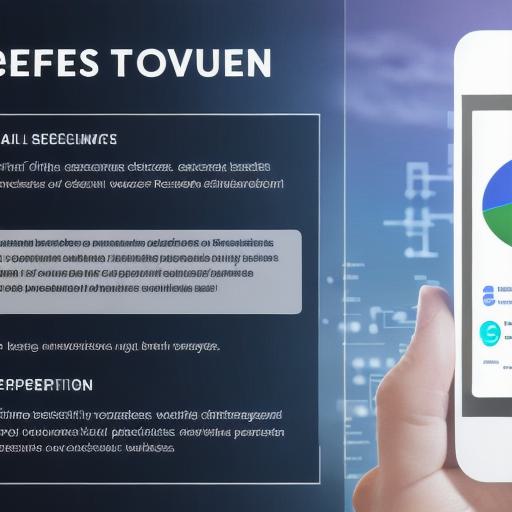Web3 is a decentralized internet that operates on blockchain technology, providing a secure and transparent way for individuals and businesses to interact online. This technology has the potential to revolutionize the internet as we know it, allowing users to own their data, control their identity, and participate in new business models. In this article, we will explore the power of Web3 and its role in shaping the future of the internet.
What is Web3?

Web3 refers to the decentralized internet that operates on blockchain technology. It allows users to own their data, control their identity, and participate in new business models. Unlike traditional centralized internet systems that rely on a single point of failure, Web3 is distributed across multiple nodes, making it more secure and resilient.
Benefits of Web3
Web3 offers several benefits over traditional centralized internet systems. These include:
- Decentralization: Web3 operates on a decentralized network, providing users with greater control over their data and identity. This makes it more difficult for hackers to access sensitive information, as there is no single point of failure.
- Security: Web3 uses encryption and consensus algorithms to secure transactions and prevent fraud. This makes it more difficult for hackers to compromise the system.
- Transparency: Web3 uses a public ledger to record all transactions on the network. This provides users with greater transparency and accountability, as all actions are visible to everyone on the network.
- Innovation: Web3 allows users to participate in new business models and services that were not possible on traditional centralized internet systems. This includes decentralized finance (DeFi) applications, peer-to-peer marketplaces, and more.
Real-life examples of Web3
There are already several real-life examples of Web3 in action. One of the most well-known is Ethereum, a blockchain platform that allows users to build decentralized applications (dApps) using smart contracts. Other popular platforms include Binance Smart Chain and Polygon. These platforms have already enabled a wide range of applications, including DeFi platforms, marketplaces, and more.

How Web3 will change the future of the internet
Web3 has the potential to fundamentally change the way we interact online. By providing users with greater control over their data and identity, Web3 can help address some of the biggest challenges facing the internet today. These include:
- Privacy: Web3 allows users to own their data, making it easier for them to control who has access to their information. This can help protect against data breaches and other privacy violations.
- Security: By using encryption and consensus algorithms, Web3 can provide greater security for online transactions and prevent fraud.
- Innovation: Web3 allows users to participate in new business models and services that were not possible on traditional centralized internet systems. This includes decentralized finance (DeFi) applications, peer-to-peer marketplaces, and more.
- Decentralization: By removing the need for centralized intermediaries, Web3 can help promote greater decentralization of the internet, making it more resilient and less vulnerable to censorship and other forms of control.
How Web3 developers can benefit
Web3 technology offers several benefits for developers as well. These include:
- Greater control over data and identity: Web3 allows users to own their data, making it easier for them to control who has access to their information. This can help protect against data breaches and other privacy violations.
- Innovation opportunities: Web3 allows developers to build new business models and services that were not possible on traditional centralized internet systems.
- Security and transparency: By using encryption and consensus algorithms, Web3 provides greater security for online transactions and prevents fraud.
- Decentralization of the internet: By removing the need for centralized intermediaries, Web3 can help promote greater decentralization of the internet, making it more resilient and less vulnerable to censorship and other forms of control.
Summary
Web3 technology has the potential to fundamentally change the way we interact online. By providing users with greater control over their data and identity, Web3 can help address some of the biggest challenges facing the internet today. Developers also stand to benefit from this technology, as it provides new opportunities for innovation and greater control over data and identity. As
